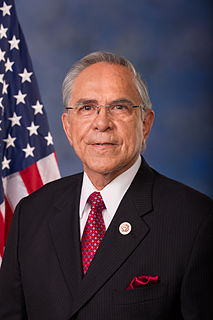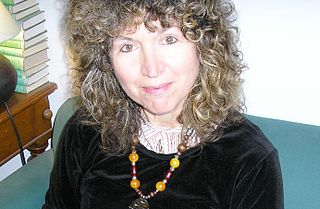A Quote by Neil deGrasse Tyson
When students cheat on exams, it's because our school system values grades more than students value learning.
Related Quotes
Public education for some time has been heavily focused on what curricula we believe will be helpful to students. Life-Enriching Education is based on the premise that the relationship between teachers and students, the relationships of students with one another, and the relationships of students to what they are learning are equally important in preparing students for the future.
What is wrong with encouraging students to put "how well they're doing" ahead of "what they're doing." An impressive and growing body of research suggests that this emphasis (1) undermines students' interest in learning, (2) makes failure seem overwhelming, (3) leads students to avoid challenging themselves, (4) reduces the quality of learning, and (5) invites students to think about how smart they are instead of how hard they tried.
I have find that today's students are often more tolerant of human variance than students in earlier generations might have been. On the other hand, some of our students need much more interaction with a wide variety of peers so they level of understanding deepens and so they are prepared to live in a world that is only going to get smaller.
The other way that you democratize the food movement is through the public school system. If you can pay enough for the school lunch system so that it can actually be cooked and not just microwaved, so that these schools can buy local food, fresh food, because right now it's all frozen and processed, you will improve the health of the students, you will improve the health of the local economy, and you will have better performing students.
At 16, when I was at Henry M. Gunn High School, I had a crush on the English teacher, and my grades improved dramatically. This great school had only 400 students, mostly children of Stanford professors, and it was more usual to have classes under one of the oak trees dotted around the campus than in the classroom.
What do teachers and curriculum directors mean by 'value' reading? A look at the practice of most schools suggests that when a school 'values' reading what it really means is that the school intensely focuses on raising state-mandated reading test scores- the kind of reading our students will rarely, if ever, do in adulthood.





































